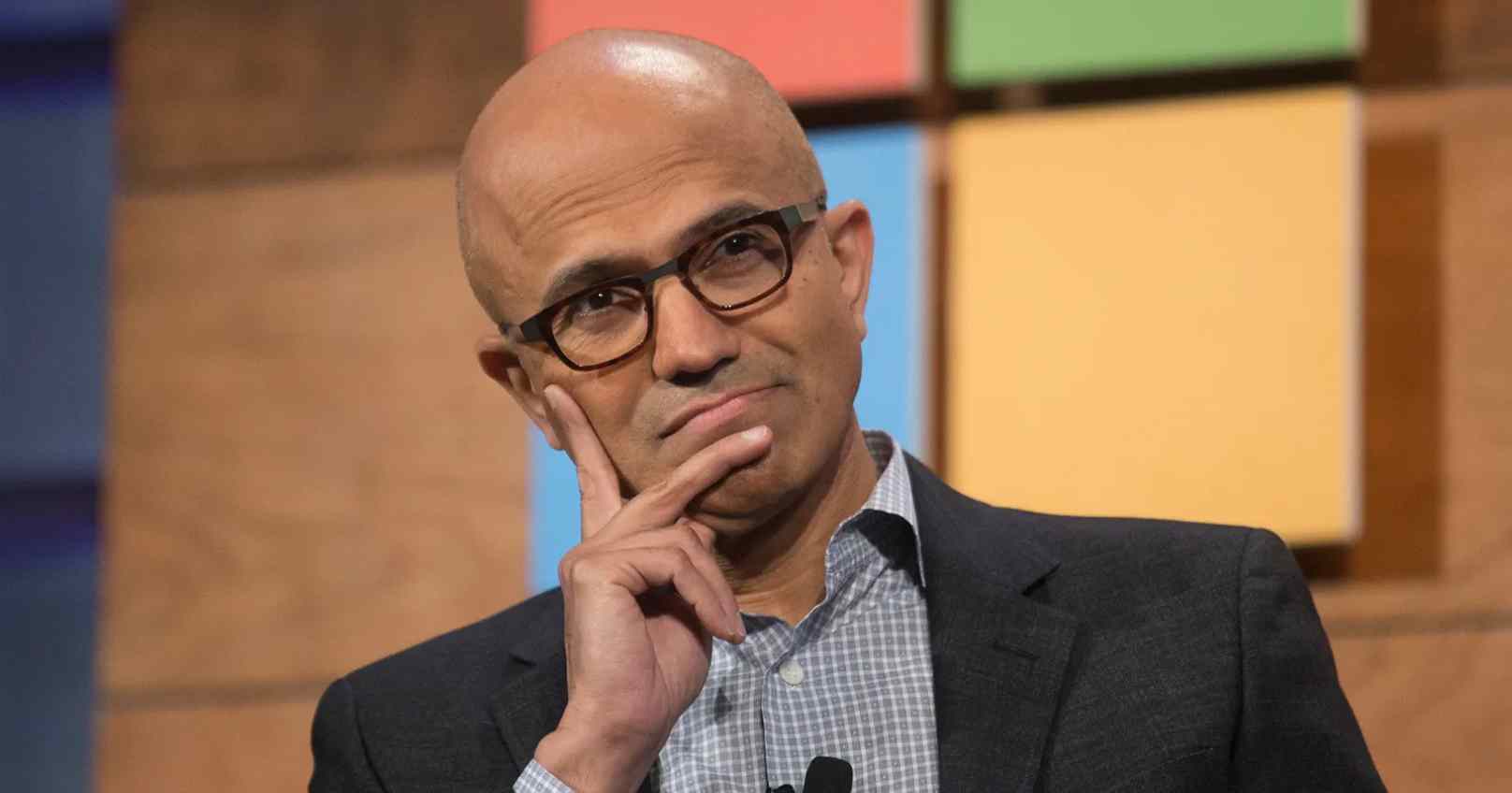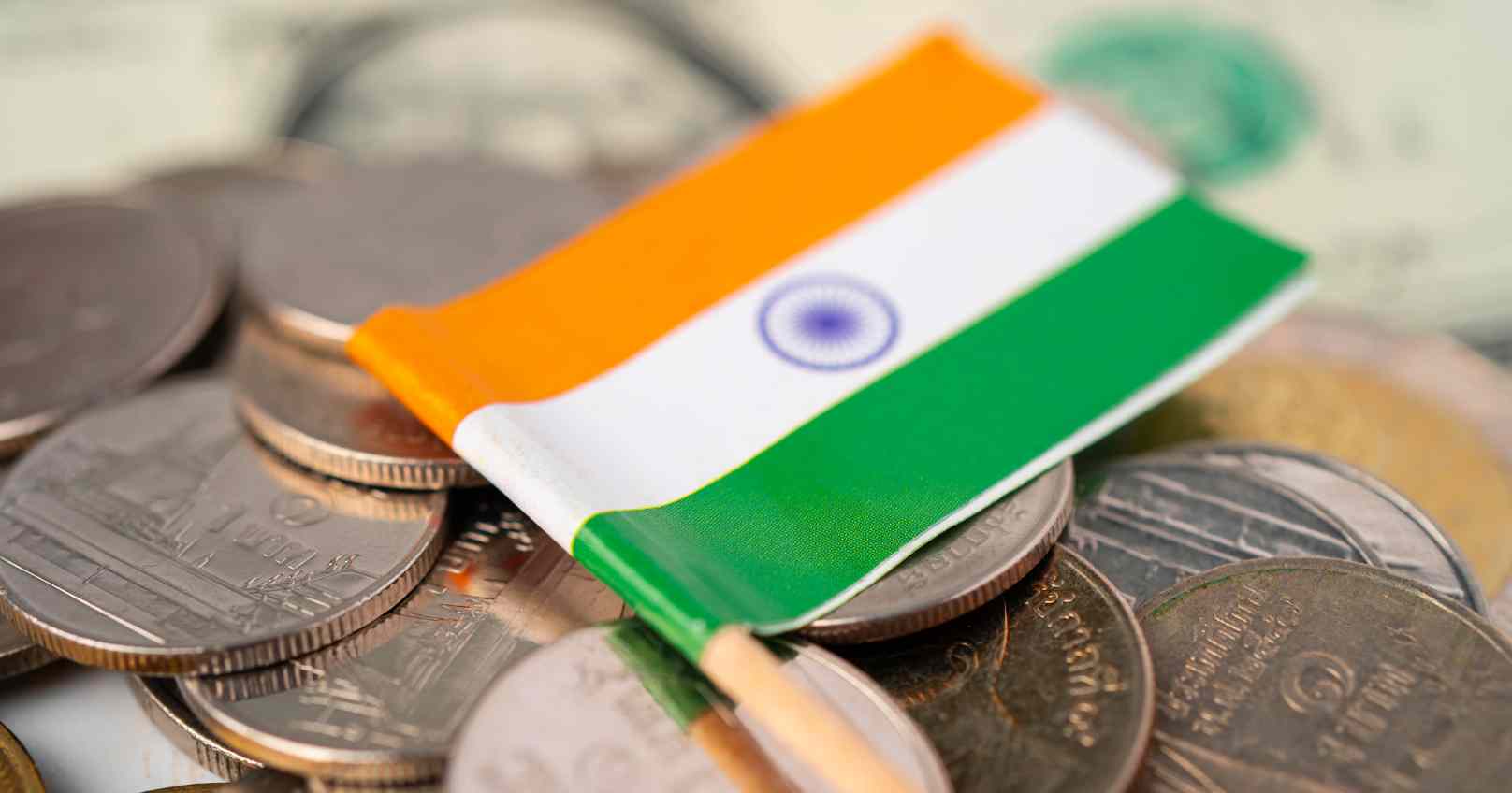PepsiCo India conducts trials to replace palm oil in Lay's chips
PepsiCo India also aims to lower salt content in its snacks by 2025
10-05-2024PepsiCo India has undertaken trials to substitute palm oil and palmolein with a blend of sunflower oil and palmolein in Lay’s potato chips, according to a company spokesperson. This decision follows growing concerns about the health implications associated with the use of palm oil, which is perceived as a less healthy but cheaper ingredient, in packaged foods across India.
In response to queries, the spokesperson stated, "PepsiCo is committed to delivering high-quality, delicious products in all the markets where we operate." The company emphasized that recipes for foods and beverages often vary across different countries due to factors such as local preferences, manufacturing capabilities, ingredient availability, and market dynamics. It further mentioned that all product ingredients are clearly listed on packaging, enabling consumers to make informed choices about their purchases.
PepsiCo India initiated trials of a sunflower oil and palmolein oil blend in select segments of its product range last year, positioning itself as one of the few players in the Indian food industry to take such a step. Palmolein, a liquid derived from palm oil refining, is often used alongside palm oil, which remains semi-solid at room temperature.
Additionally, PepsiCo India is actively working to reduce salt content in its snacks, aiming to limit sodium to less than 1.3 milligrams per calorie by 2025. The spokesperson noted, "We have set a target that by 2025, at least 75% of our food portfolio volume will adhere to this sodium limit. We are progressing well toward this objective."
Palm oil is a commonly used ingredient in numerous packaged food brands in India, including salty snacks, biscuits, chocolates, noodles, bread, and ice cream, primarily due to its cost-effectiveness compared to sunflower or soybean oil. Lay's classic salted chips, for example, are available in India at a starting price of Rs 10, offering one of the most affordable options for the global brand. PepsiCo India's food portfolio also includes Doritos, Kurkure, and Quaker products.
The use of different ingredients in products sold in developing nations compared to those in the US and Europe has sparked criticism from nutritionists, health advocates, and social media influencers. Multinational packaged food companies have faced scrutiny for potentially prioritizing cost savings over health considerations.
Recently, Nestle India announced plans to introduce a no-added-sugar variant of its infant food Cerelac following controversy surrounding sugar levels in Asian and African countries. A report revealed higher sugar content in Nestle’s infant foods in low-and-middle income countries compared to developed markets like the UK, Germany, and Switzerland.


From financial collapse to a debt-free revival, Anil Ambani is staging a steady comeback in green en
Read More
Microsoft CEO Satya Nadella has clarified that the recent job cuts are part of a forward-looking AI
Read More
India has climbed to the fourth spot in the global economic rankings with a $4 trillion GDP, surpass
Read More